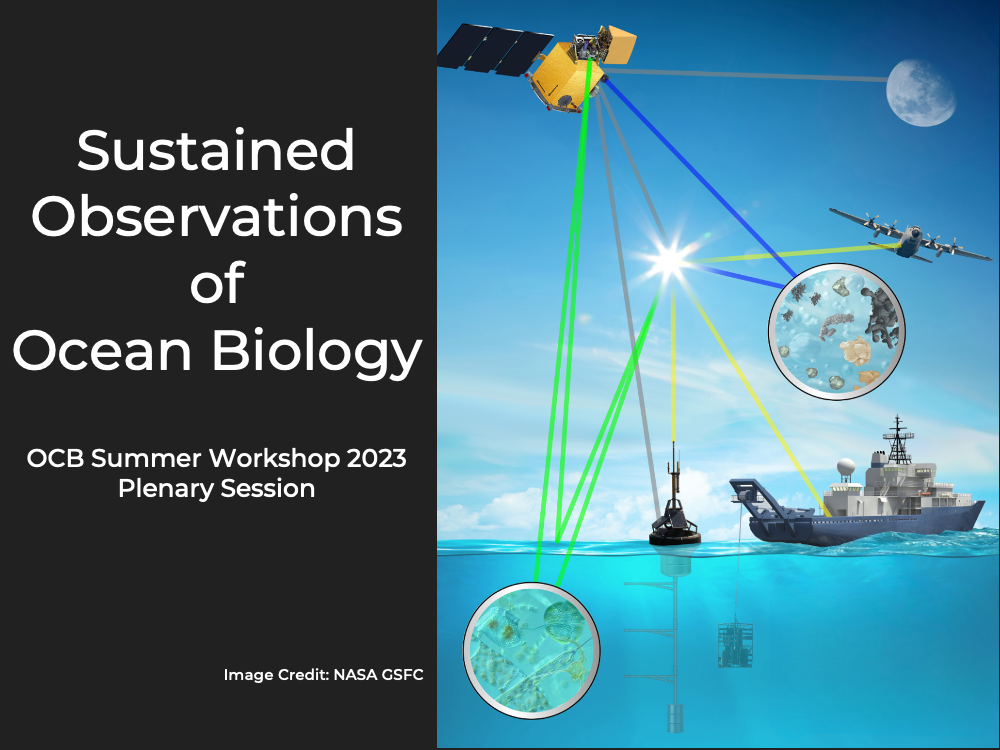Marginal sea biogeochemical cycling in the Anthropocene - Tuesday June 13
This session will bring together interdisciplinary researchers to synthesize the state of knowledge with respect to biogeochemical cycling across a range of marginal sea settings. Presentations will highlight how carbon and biogeochemical cycling dynamics may be varying as a result of anthropogenic change and inputs. The session aims to draw connections between marginal sea biogeochemistry and marine ecosystems, coastal to open ocean interactions, and marine carbon dioxide removal research.
Confirmed speakers: Kitack Lee (Pohang Univ. of Science & Technology), Marta Álvarez (Spanish Institute of Oceanography), Zhangxian Ouyang (Univ. Delaware), Brendan Carter (NOAA/PMEL), Hongjie Wang (Univ. Rhode Island), Nina Papadomanolaki (Cerege - European Centre Research And Teaching In Geosciences De L'envi, virtual), Mona Norbisrath (Helmholtz-Zentrum Hereon), Andrea Kealoha (Univ. Hawaii Maui College, virtual), Sophie Gill (Isometric).
Session Chairs: Xinping Hu, Emily Osborne, Matheus Fagundes
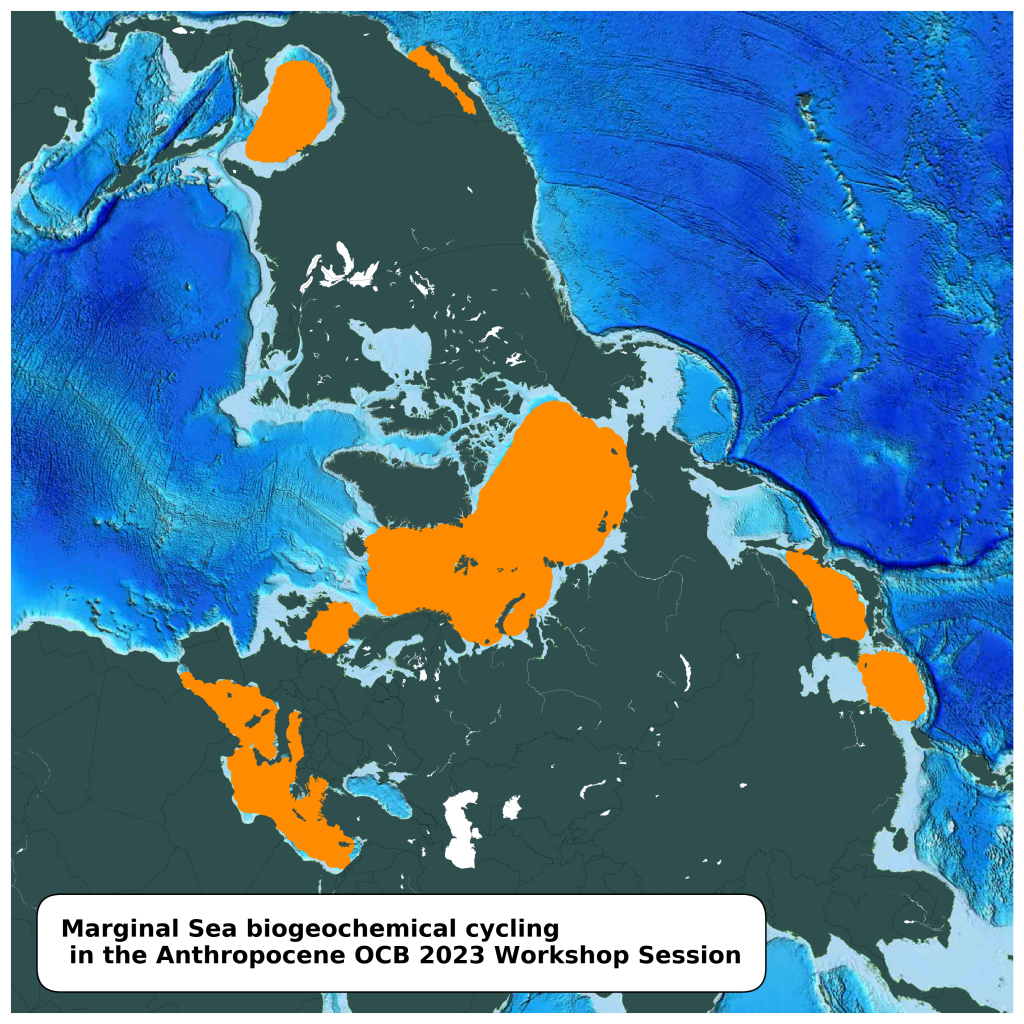
Role of deltaic sediments in regulating biogeochemical cycles - Wednesday June 14
Despite their relatively small areal extent, deltas are major centers of primary production and biogeochemical processing and transformation. This session will explore physical processes and biogeochemical cycling in different deltaic systems around the world. The latest measurement and modeling approaches being used to study these systems and their impact on global biogeochemical cycles will also be discussed.
Confirmed speakers for this session include Robert Aller (Stony Brook University), Jaap Nienhuis (Utrecht University), Shaily Rahman (CU Boulder), Till JJ Hanebuth (Coastal Carolina University), Kanchan Maiti (LSU), David Lagomasino (East Carolina Univ.), Brandee Carlson (University of Houston), Elizabeth Chamberlain (Wageningen University, The Netherlands), Jessica Luo (NOAA/GFDL), and Cristina Schultz (NEU).
Session Chairs: Shaily Rahman, Jessica Luo, Cristina Schultz
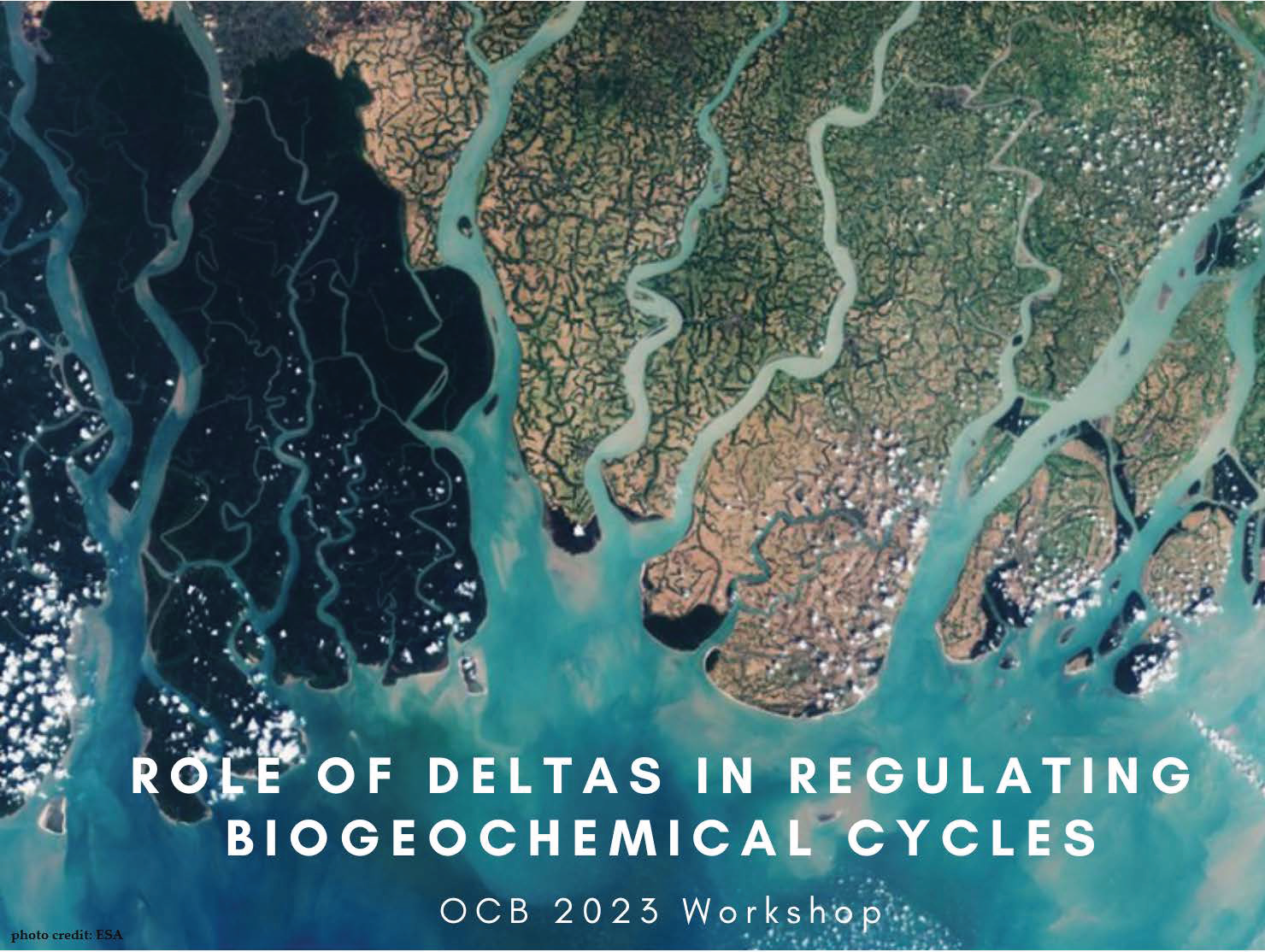
Quantifying marine carbon dioxide removal (mCDR) efficacy and uncertainty - Tuesday June 13
Carbon dioxide removal from the atmosphere is part of almost every IPCC pathway that limits warming to well below 2°C. Investment in strategies that enhance carbon uptake in the marine environment is rapidly growing, yet quantification of the efficacy of such approaches presents formidable challenges. In this session, we will discuss the key uncertainties associated with marine CDR additionality and durability, how quantification of these uncertainties differs depending on which mCDR strategy is deployed, and what key advances (technology, observations, model development, etc.) research are needed to reduce these uncertainties.
Confirmed plenary speakers to date: Matt Long (NCAR/C-Worthy), Jing He (Isometric), Julianne DeAngelo (UCI), James Gately (UCSB), David Emerson (Bigelow Laboratory)
Session Chairs: Patrick Rafter, Jaime Palter, Tim DeVries, Nicola Wiseman, David "Roo" Nicholson
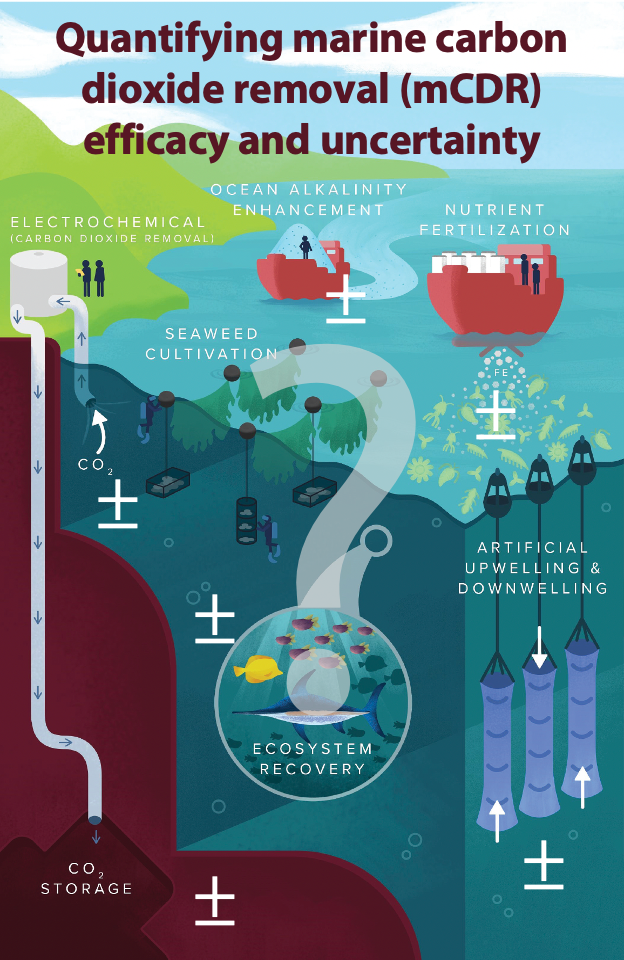
Marine biodiversity and ecosystem resilience - Monday June 12
This session will debate what observational evidence we have for the paradigm that greater biological diversity in ecosystems leads to improved resilience, stability, and function. Presentations and discussion will consider different types of diversity, such as species richness, genetic diversity, and functional redundancy, as well as link biodiversity and resilience to known stressors that can impact ecosystems, including changes in temperature, hypoxia, and ocean acidification.
The primary objective of the session is to encourage community debate on scientific priorities for advancing our observations and understanding of how biodiversity affects ecosystem resilience.
Confirmed speakers include J. Emmett Duffy (Smithsonian Envir. Research Ctr), Jessica Labonté (TAMU-G), Gwenn Hennon (University of Alaska Fairbanks), Tammi Richardson (Univ. South Carolina)
Session Chairs: Susanne Menden-Deuer, Victoria Coles, Dreux Chappell, Tricia Thibodeau, Randie Bundy
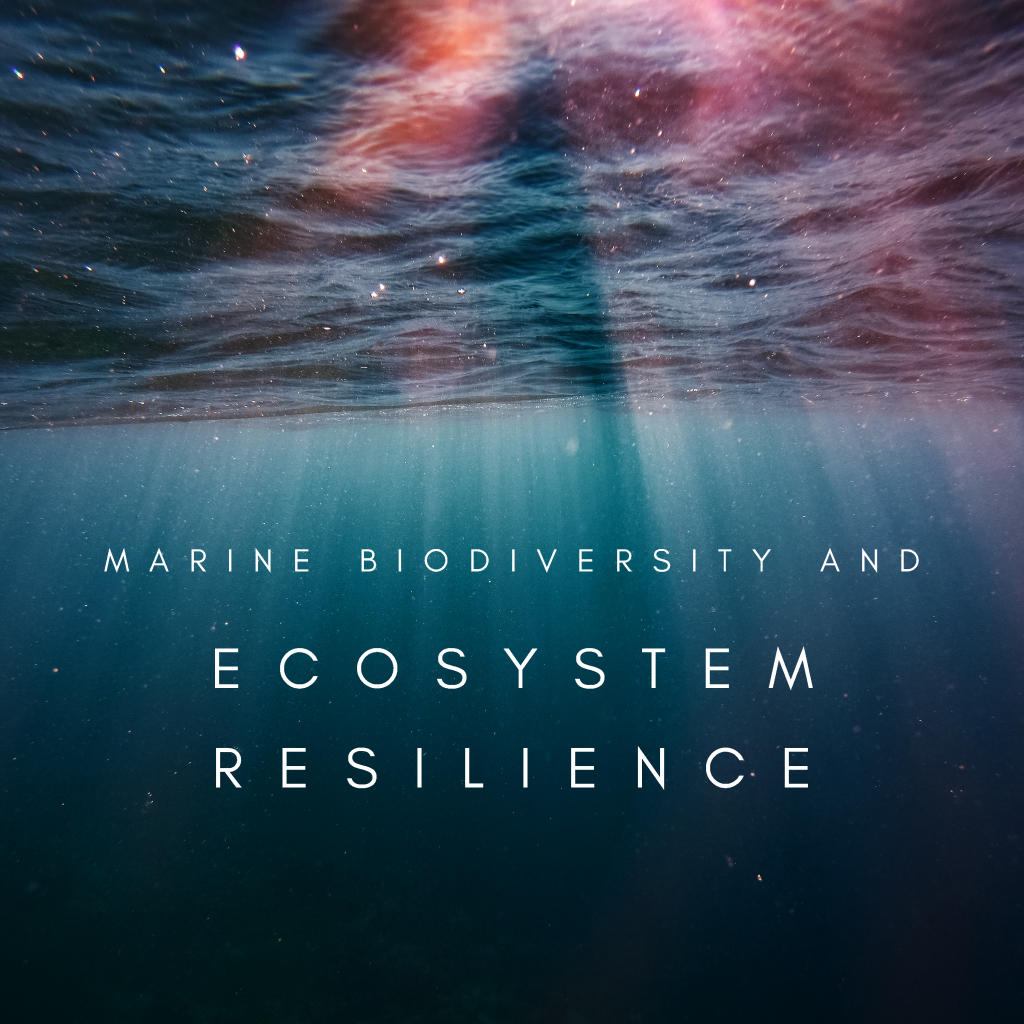
Sustained observations of global ocean biology - Thursday June 15
Ocean biology is largely under-sampled in time and space compared to physical and chemical properties, leading to high uncertainty in how ecosystems will respond to anthropogenic change. The importance of biological measures at a global scale is undeniable and recognized as such by the Global Ocean Observing System (GOOS) Essential Ocean Variables (EOVs) and several endorsed UN Decade Actions. This session will highlight how new technologies have made it possible to greatly expand our sustained biological ocean observing capacity and what we have learned from such efforts.
Confirmed speakers: Paula Bontempi (Univ. Rhode Island), Julie Robidart (National Oceanography Centre, UK), Enrique Montes (NOAA), and Nicole Poulton (Bigelow Laboratory).
Submit application to give a lightning talk in this session: https://forms.gle/H8a9XAKvFTR4T7Dt5
Session Chairs: Adam Martiny, Luke Thompson, Alyse Larkin, Zachary Erickson, Susanne Craig
